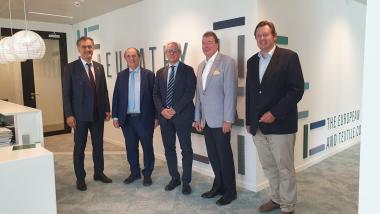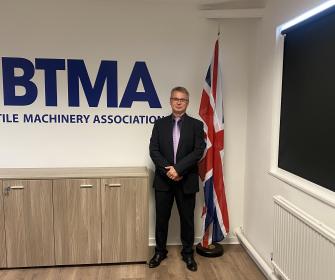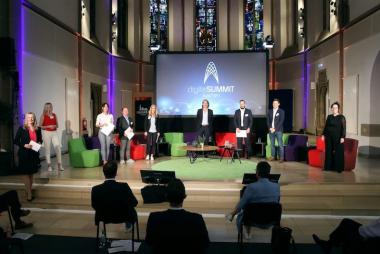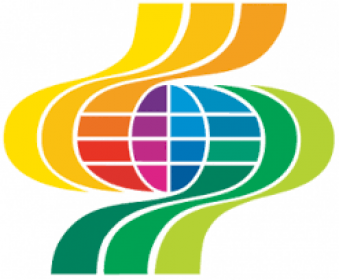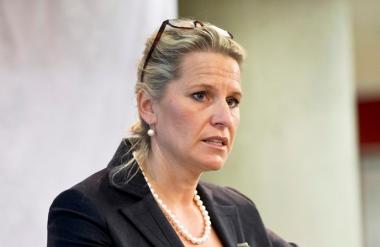Energy supplies crisis: EURATEX calls for immediate support
On the occasion of EURATEX Board of Directors meeting, held in Brussels September 24, President Alberto Paccanelli issued an urgent appeal to European and national authorities to support the European textiles and clothing companies who face a massive increase in their energy costs.
“The cost of energy, in particular gas, has increased more than 3 times since the beginning of this year. Since the announcement of the EU’s “Fit for 55” package, we have seen CO² prices rising above €60. This inevitably has an impact on our competitiveness, especially in a global context.”.
EURATEX asks for immediate measures which can alleviate the burden of these energy cost, e.g. by reducing VAT on the energy bills. In the longer run, the EU should develop a smart strategy towards ensuring long term sustainable energy supply, at reasonable cost for the industry. If this is not considered, any attempt towards developing a new EU Industrial strategy will be meaningless, since competition with third countries will be devastating.
“The upcoming EU Textiles strategy is an excellent opportunity for the European Commission to demonstrate its vision to develop a sustainable and competitive textiles industry in Europe. Access to affordable energy supplies must be an integral part of it.”, concluded Alberto Paccanelli.
Euratex


